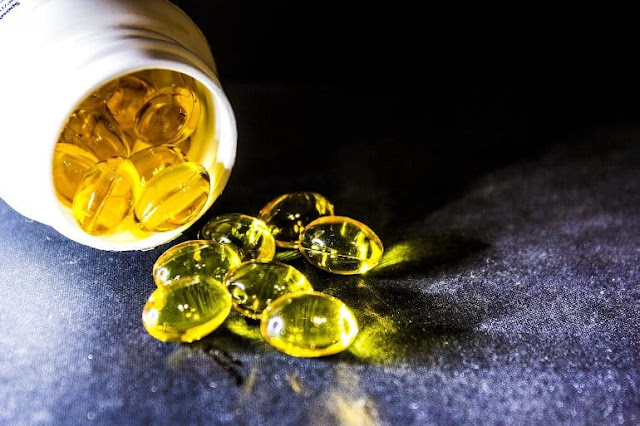Omega-3 fatty acids, and in particular DHA, are associated with increased attention scores in adolescents
According to a study co-led by ISGlobal, a center funded by the "la Caixa" Foundation and the Pere Virgili Institute for Health Research, docosahexaenoic acid (DHA) is associated with a greater capacity for selective and sustained attention in adolescents while alpha-linolenic acid (ALA) is associated with less impulsivity (ISPV). The findings demonstrate how crucial it is to consume enough of these polyunsaturated fatty acids in order to support healthy brain growth.
Adolescence brings about significant anatomical and functional changes in the brain, particularly in the prefrontal region, which is crucial for attention regulation. Omega-3 unsaturated fatty acids, on the other hand, are recognized as being essential for normal brain growth and operation. DHA, which is mostly obtained through eating fatty fish, is the fatty acid that is most prevalent in the brain, especially in the prefrontal region.
"Despite the well-established significance of DHA in brain development, few studies have assessed if it plays a role in the attention performance of healthy teenagers," claims Jordi Jlvez, an IISPV researcher, an ISGlobal research associate, and the study's organizer. Additionally, he continues, "alpha-linoleic acid (ALA), another omega-3 of plant origin, has not received as much research as it potentially could." This is crucial, considering the low fish intake in Western societies.
This study looked at a group of 332 teenagers from various schools in Barcelona to see if higher intakes of DHA and ALA were linked to better attention performance. Computerized assessments were administered to the participants to gauge their levels of impulsivity, capacity for inhibition in the face of distracting stimuli, and sustained and selective attention. The teens also responded to a series of questionnaires regarding their eating habits and provided blood samples to evaluate the levels of DHA and ALA in red blood cells, which are an accurate and reliable indicator of sustained dietary consumption of these fats.
The findings indicate that stronger selective, sustained, and inhibitory attention are related to higher DHA levels. ALA, on the other hand, was linked to less impulsivity but not attention performance. "The role of ALA in attention management is still unclear, but this finding may be therapeutically relevant," says Ariadna Pinar-Mart, the study's first author. "Impulsivity is a characteristic of various mental illnesses, such as ADHD."
Our work suggests that dietary DHA most certainly contributes to the performance of attention-demanding tasks, but more research is required to establish a cause-and-effect relationship and to comprehend the contribution of ALA, says Jlvez. In any event, the findings support the growing body of research that suggests eating fatty fish—the main source of DHA—during the period of development when the brain is at its most sophisticated before reaching adulthood—can be beneficial.
Barcelona Institute for Global Health (ISGlobal)




Comments
Post a Comment